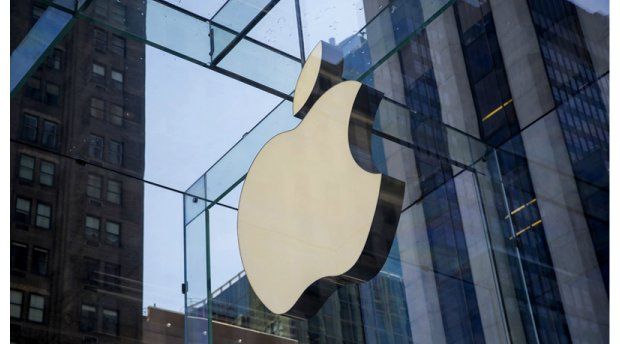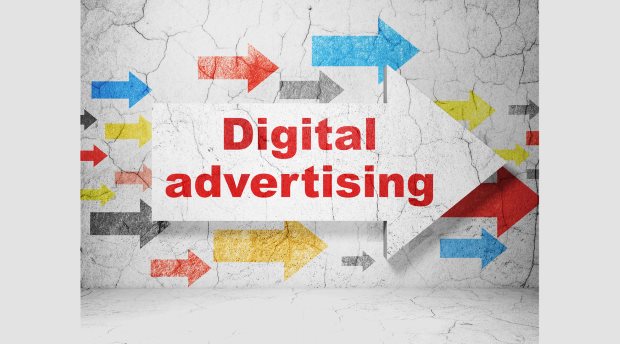Facebook Now Knows More Than Ever Before What You Buy: Social Site Contends It Is Not Privacy-Invasive
Post Views 2
Now it has found another company that has also been tracking us with similar astounding information, both have joined hands to sell this information to advertisers, who can then target their ads accordingly.
A report in the Financial Times reveals that Facebook has come up with a method of telling what products users purchased in stores after seeing ads for them on their network. Their new partner Datalogix helps them in this. Colorado based Datalogix has access to a huge database of information garnered from retailer’s loyalty cards.
Whenever a buyer swipes such cards to get discounts and check-out, the information goes into the Datalogix database. A connection is then established between the buyer, whose record is with Datalogix and the ad that enticed the purchase, which is on Facebook.
Earlier advertisers who were wary of advertising on Facebook, not knowing whether their ads were resulting in buying by the users, are now feeling assured that advertising on the social site will yield fruitful results. It is truly a smart way for Facebook to tell its guarded advertisers that advertising on Facebook was worth every cent they spent on it.
Privacy concerns and unrestricted offline tracking did cause a little commotion amongst users of the loyalty card and realized that it is betraying their shopping behavior. Nobody liked the idea that anyone should keep a record of what you are buying.
Both Facebook and Datalogix were quick to refute this allegation. They said that it was not privacy-invasive. They said that this is how it works. Facebook has a list of people who see a particular ad for a particular product. They note down the group’s identifying information, emails, and phone numbers on Facebook and “hash” them, turning an email address into a 10 digit number.
Datalogix then identifies a period of time, say a week or a month and makes a list of all the people who purchased the product during that period along with other related information emails, and phone numbers from their loyalty cards – this is also turned into a ten digit number. So if the same numbers comes in both the cases they know that the purchase was induced by the ad, but they cannot pinpoint with exactitude who it was.
But Facebook can then go to the manufactures of that product and give specific information that so many people saw the ad and so many people purchased it. Faced with such specific knowledge the marketer is in a position to decide whether to advertise or not.
In recent times both Facebook and Datalogix have run almost 50 of these campaigns for advertisers. Facebook says that “70% of campaigns achieved a 3X or better ROI, and 49% achieved 5X.” However, the company did not say whether the advertisers will have to pay to get this information, or whether it will come free along with the advertisements.
Moreover, Facebook users who are uncomfortable with the program can opt out of it. Just visit the Datalogix.com privacy page and follow instructions.
Facebook says that their collaboration with Datalogix is to let advertisers know that Facebook ads are effective. This we do with Nielsen and comScore also and through their own advertising tools. They said that people trust them with a lot of personal information that they put on the site and Facebook is committed not to make any compromises on the personal information.
“We don’t sell people’s personal information, and individual user data is not shared between Facebook, Datalogix or advertisers,” a company spokesperson said.
Facebook Now Knows More Than Ever Before What You Buy: Social Site Contends It Is Not Privacy-Invasive by Harrison Barnes


 Digital Advertising Hits a Road Block with Ad Blockers
Digital Advertising Hits a Road Block with Ad Blockers  More and More Companies Moving to Digital Advertising
More and More Companies Moving to Digital Advertising